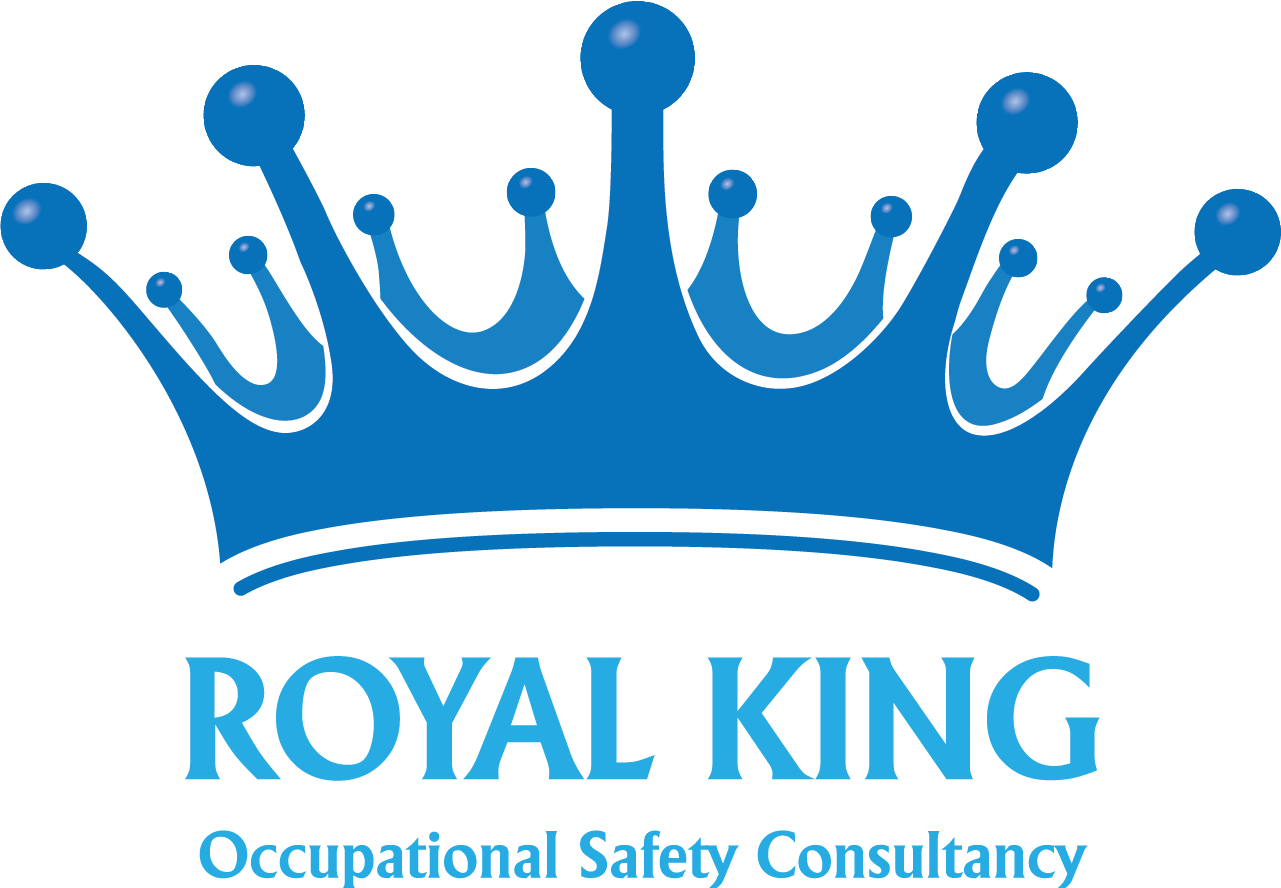A Safe Maritime Transportation Interface

Safety is of paramount importance in the tanker sector; the International Chamber of Shipping (ICS), the Oil Companies International Marine Forum (OCIMF) and the International Association of Ports and Harbors (IAPH) organisations support the main regulatory body, the International Maritime Organisation (IMO), in this most critical issue they have prepared a joint International Safety Guide for Oil Tankers and Terminals (ISGOTT).
ISGOTT training course provides guidance to individuals working in tankers and terminals concerning the safe transportation and handling of crude oil and petroleum products within these facilities. The most updated ISGOTT (sixth edition) has four different parts; Part 1 General Information, Part 2 Tanker Information, Part 3 Marine Terminal Information and Part 4 Ship/Shore (Tanker/Terminal) Interface.
This training course draws attention to safe maritime transportation and the ISGOTT, the key points and barriers in oil tankers and terminal interfaces measures in the workplace from the organisational to the personal level. It will have several important goals, one of which is to advise personnel directly involved in tanker and terminal operations and acquire information that will assist the delegates in developing a Safety Management System within their own company.
Day One: Introduction & ISGOTT
International Safety Guide for Oil Tankers and Terminals (ISGOTT)
Procedures and Recommendations regarding Safety
International Marine Forum (OCIMF)
Marine Terminal Competence and Training Guide (MTCOT)
International maritime rules and ISGOTT relationship
Day Two: Material Safety Data Sheet (MSDS)
Introduction to MSDS
International Ship and Port Facility Security Code (ISPS Code)
Tanker Management Self-Assessment (TMSA)
The SIRE inspection and Reporting System
Regasification
LNG Transfer Systems
Day Three: Sire And CDI Inspections
SIRE Inspections
CDI Inspections
Tanker Management
Other Inspection Instruments
Enforcements
Day Four: Operations Management
Transfer from ship to the platform and directly between ships (STS)
Capacity for Organisational Management
Terminology regarding Quantity and Quality
Uses of Instruments
Protocols
Day Five: Emergency Case Instructions
Emergency Response Operations Management
Contingency Equipment
Oil Spills and LNG Leakages
Kind of Responses
Compatibility
XCalibre Training Centre offers unique development and skill-based training courses internationally that aim to nurture practical result-driven abilities in individuals to keep up with the constantly changing business requirements.
We equip people with information and opportunities to propel them forward in their careers by offering training in versatile sectors, including human resources, energy and innovation, data management & IT, maritime management, and more.
Our organisation hires globally-acclaimed subject matter experts that has extraordinary references. Having this together with their academic knowledge and real-life experiences can bring out courses and seminars with best practices that ensure substantial output and benefits to the attendees.
XCalibre Training Centre assists our delegates from varied backgrounds, qualifications, designations, and industries willing to improve their career path for self-sustenance and self-realization. The end goal is to create a mutually beneficial relationship between organizations and their employees to reach their desired levels of success.
(Institute Review)
55 years ago(Institute Review)
55 years ago
Royal King Occupational Safety Consultancy is providing ADNOC approved Safety training.
© 2025 www.coursetakers.ae All Rights Reserved. Terms and Conditions of use | Privacy Policy